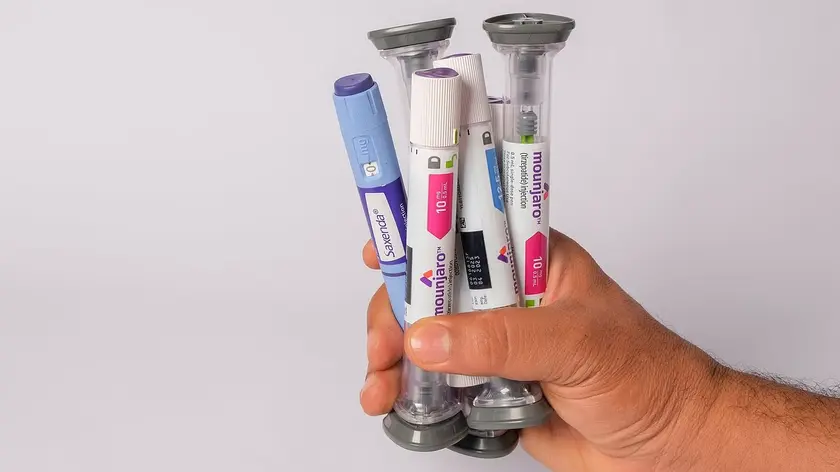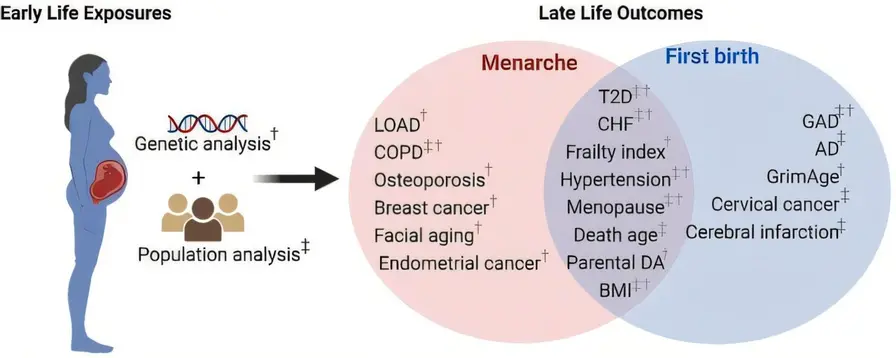T4K3.news
UK licenses teplizumab to delay type 1 diabetes onset
MHRA approves teplizumab for early-stage type 1 diabetes in ages 8 and up; NICE review on NHS funding underway

Licensing signals a possible shift in how type 1 diabetes is managed, but NHS access and screening rollout remain unsettled.
UK licenses teplizumab to slow onset of type 1 diabetes
The Medicines and Healthcare products Regulatory Agency has approved teplizumab, sold as Tzield, for people aged eight and over who are in the early stages of type 1 diabetes. The aim is to delay the full onset by about three years on average, giving patients more time to prepare and manage the condition. The drug is not yet available through the NHS. NICE is evaluating whether teplizumab should be funded as part of routine NHS care, with a final decision expected later in 2025. This milestone follows decades of research supported by Diabetes UK and the UK Type 1 Diabetes Research Consortium, which have focused on understanding the immune attack on insulin producing cells and building screening programs.
Screening programs detect autoantibodies in the blood. If two or more autoantibodies are found in someone without symptoms, they are considered to be in early-stage type 1 diabetes. That finding creates a window to act early with immunotherapies like teplizumab, aiming to preserve beta cells and delay diagnosis. The broader hope is to turn a scientific possibility into a practical treatment pathway, supported by ongoing research and coordinated care networks.
Key Takeaways
"The MHRA decision reflects a rigorous assessment of safety and benefit."
regulatory assessment after trial data review
"Access to teplizumab must be timely and fair through the NHS."
Diabetes UK response to the licensing
"Screening for autoantibodies could redefine prevention of type 1 diabetes."
impact of screening momentum
The licensing marks a significant moment, but the path to real-world benefit is conditional. Success now hinges on timely NHS funding, effective screening implementation, and equitable access across regions. If early treatment hinges on screening uptake, gaps in reach could widen health inequalities. The debate will pivot on cost versus potential long-term savings in care and complications, and on how to scale a specialized therapy within the public health system. The next steps will test not just the science, but the political and logistical will to turn a breakthrough into everyday care.
Highlights
- A new path opens for families facing risk
- Screening turns risk into action
- Access must keep pace with science
- Delay should not become a barrier to care
Budget and access risks for teplizumab rollout
The NHS funding decision and the pace of screening rollout will determine who benefits. Delays or restricted access could exacerbate disparities between regions and among patients.
Access to science requires a steady ladder of care, from screening to treatment.
Enjoyed this? Let your friends know!
Related News

Ginger shows promise for diabetes care at low cost

Weight loss drugs entering a new era

Experts share foods that replicate weight-loss drug effects

New diabetes variant discovery could alter treatment

Study links early reproductive timing to aging risks

Eye risk linked to weight loss jabs prompts checks

First gene-edited islet transplant succeeds

Five lifestyle changes cut risk of five leading killers
